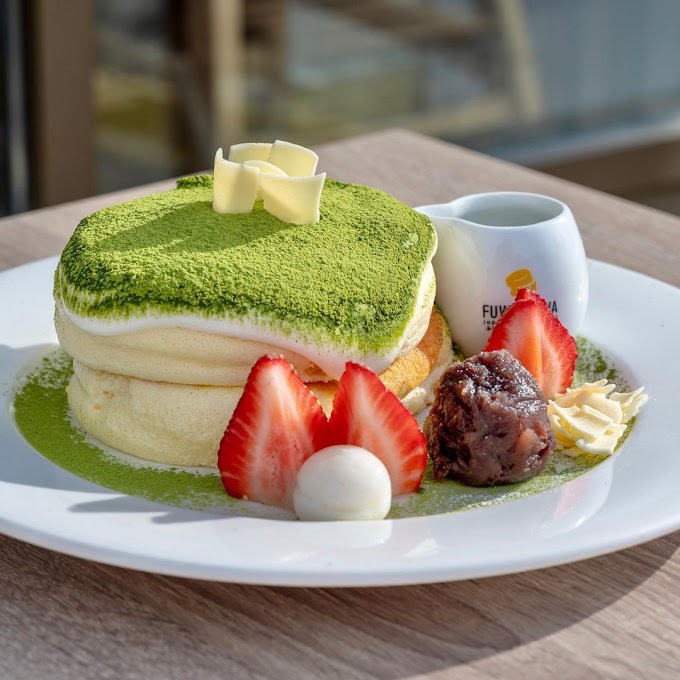Although pancakes are supposed to be very thin and flat traditionally, there is another version that is gaining popularity among foodies – the fluffy Japanese pancakes. Interestingly, the later one is not only making food lovers go crazy with its extra soft, melt in the mouth flavour but is as well becoming a topic of discussion over social media platforms. People with an inclination for cooking are becoming inquisitive to know the reasons behind its extra fluffiness and thickness. Thus, here I am with the recipe for intensely relishing Japanese fluffy pancakes.
To cook a fluffy Japanese pancake, it is no rocket science; rather it is a fun project whose outcome is a legitimately delicious result. But yes, to achieve its incredible loftiness along with extra thickness, the utensils that it is cooked in and the ingredients used to prepare its batter, are vital consideration. To attain its thickness, cook it in a mould and to make it spongy and soft, use full-fat buttermilk batter (with baking soda and baking powder), and mayonnaise. If you are surprise seeing mayonnaise in my recipe, you simply should not be, because mayonnaise is nothing but an amalgamation of egg, vinegar and oil. And if its smell is a concern for you, let me tell you that vinegar will evaporate when it will be baked. Now blend all these together with the other essential ingredients and pour into a ring mould that is 3 inch wide and 2-3/4 inch tall (you can opt for smaller moulds as well).
There are Japanese pancake mixtures available in the market. I personally neither use them nor do I recommend them to others. Not because they are bad but because I am not sure whether these pre-made batters will allow me to bake an extra thick and fluffy Japanese pancake.
Other Important Points Include:
1. Buttermilk has to be room-temperature; else the cold one will easily solidify the melted butter.
2. Moulds should not be over-filled. It is always wise to fill slightly less than halfway full. This will leave enough space for the batter to rise high and not become messy.
3. Allow time before you flip. By which I mean wait until bubbles form on the top and then quickly flip it with tongs.
4. Use a non-sticky skillet to avoid the pancake being stuck at the bottom.
This is it!





0 Comments